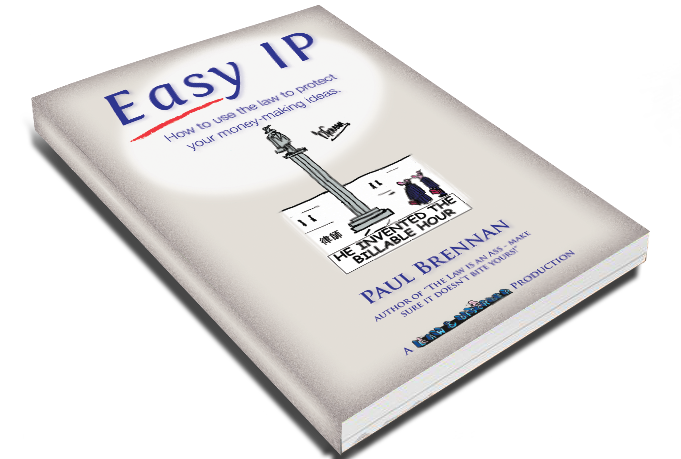

What happens if, in some distant country, the name of your product is a trademark that belongs to another business? Can they come and get you?
Well, maybe. If they do, you are likely to receive an aggressive lawyer's letter. In reply, you can amend your site to stop the infringement, and the matter is likely to stop there.
It is best to have a lawyer manage this process, especially if you decide to challenge the letter, so that you do not “put your foot in it”. 
Trademarks are usually limited to the country of registration. It is possible to register in several countries or more, but the cost is prohibitive. Therefore, trademark owners often limit their applications to the country where the trademark is in use.
The courts of some countries may “shoot from the hip” and deal with trademark infringements no matter how distant they are, but the courts in most countries (e.g. Australia) look for “real damage” to the local trademark, not mere upset. For instance, in the USA, the foreign website will be examined for a substantial effect on US commerce, which suggests that you must go quite a long way before a US court will intervene. In the UK, a court will look for the “purpose and effect” on the local trademark. This suggests that you must appeal to the local market, to the detriment of the local trademark.
Lawyers may see these as very different tests, but generally, if you are commercially active in the other country, you should not use a name which competes with a local trademark or have your website specifically target customers in that other country.
This can lead to the same trademark being used for the same goods in different countries, it being basically a first come, first served system.
However, if it is a foreign website moving in on your trademark, you will not
be happy at all, especially in Australia, where you will need to prove a clear link
between the foreign interloper’s website and its commercial activity.
An aggressive letter from your lawyer may succeed, but you will only get “oneshot” before you have the potential expense of resorting to the courts. The
letter should give the impression that you mean business, and have carefully investigated their activities. For instance, evidence of their commercial activity such as:
- agents in this country
- use of a local address and currency
- statistics on which country is accessing the offending site
- the prominence in any search
- evidence of confusion of your customers.
This is just one of the legal issues that you can avoid if your business is slow.

(c) Paul Brennan 2010. All rights Reserved.
This article is also available as a Podcast. If you would prefer to listen to this and other legal content please go to the "Law" Podcast by the below link:
https://podcasts.apple.com/au/podcast/law/id1507712715